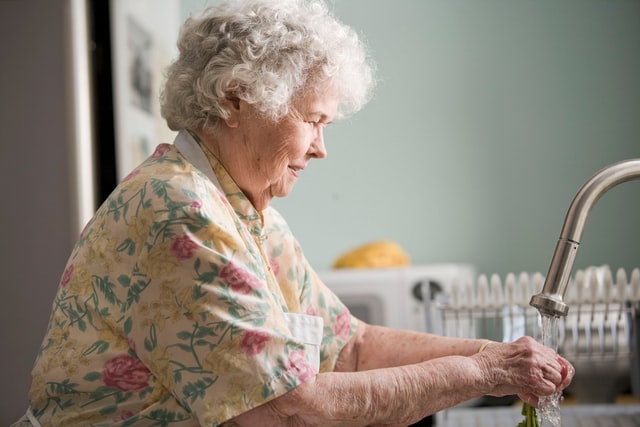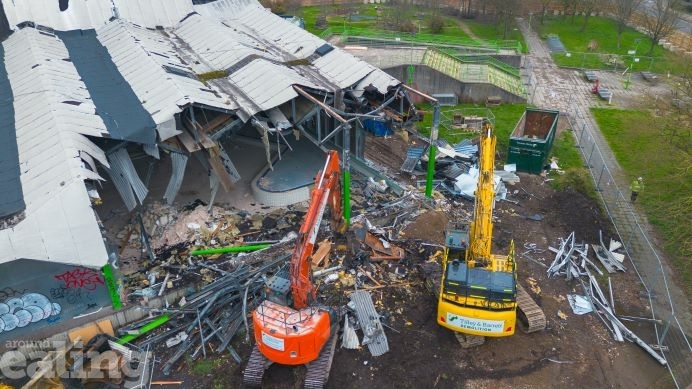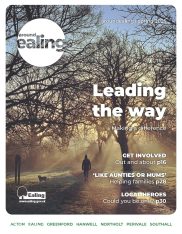Financial abuse of older people is a serious and growing problem. Many vulnerable older people are dependent upon others – family, friends or others – to help them manage their day-to-day activities.
Sadly, in some cases their trust is abused, putting them at risk of harm.
During the pandemic, and throughout the winter months, people are being advised to be more vigilant and aware of potential financial abuse.
Most vulnerable older people find it hard to believe that someone would not mean them well. However, it is important to recognise that some people may take advantage of them. The best advice is to always ask for help from a person that you trust or ask an official person for advice.
Jacky Yates, Ealing Council’s assistant director of operations for adult social services, said: “Now that we are in Tier 4, it’s really difficult for many elderly people who are isolated from their family and friends to come forward.
“Victims may be too embarrassed or frightened to report the financial crime themselves, so we need the help of good neighbours, friends and family.
“You can help by keeping a look out for any suspicious behaviour. If you suspect someone in your neighbourhood is being exploited contact the police about any incidents on 101, or 999 in an emergency.”
You can get support and advice from the council’s adult social services team on 020 8825 8000.
Find out more about financial abuse and what you can do about it.
Signs to look out for
Indications that financial abuse may be occurring include:
- A sudden change in the victim or carer’s living conditions
- The victim’s inability to pay bills, or an unexplained shortage of money
- Unexplained withdrawals from the victim’s bank accounts
- The victim becomes suddenly cut off from family and friends
- Abrupt changes to a will or other financial documents.
Top seven tips
Keep your loved one or neighbour safe from financial abuse during COVID-19 and winter with these seven tips:
- Do not give your PIN number, or bank card details in person or on the phone. Do not respond to anyone who calls you and ask for these details. If ever you are worried, please call the police
- If someone knocks on your door offering services, this is known as cold calling. If they ask you for money, do not engage or give it to them. If you are worried, call the police
- If someone knocks on your door and tell you that they are from the council or a utility company, do not let them enter and call your provider or the council department to establish if this is a legitimate call. Use your door chain and do not open the door if you are worried
- Never let strangers into your home. If someone tries to sell you something at the front door, ask them to leave their card and check them out
- Never make changes to your pension, property without independent legal advice
- Do not believe letters that say you have won money or expensive items unless you entered a genuine and legitimate competition. For example, the Lottery
- Do not take loans from non-authorised people or firms and always use a legitimate lending company such as your bank or companies that are registered with the Financial Services Authority (FSA).







